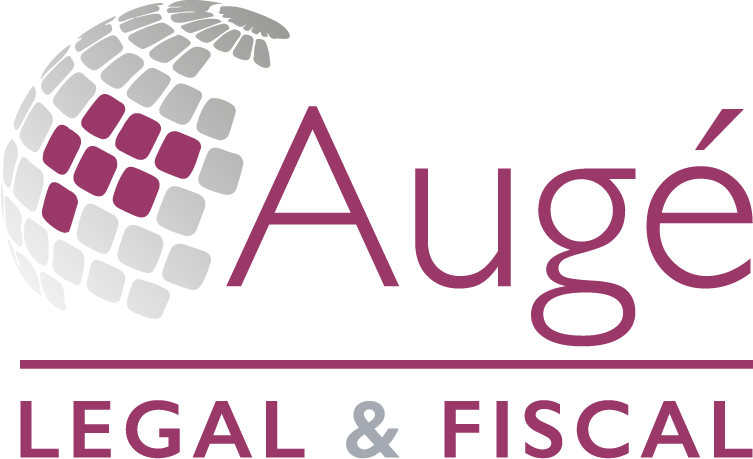[sfwafooter]
The market demands advisors trained in international taxation. It could not be otherwise in a context where companies and even individuals constantly operate beyond national borders. To help their clients achieve their goals, they must be fully familiar with the regulations, case law, and administrative doctrine applicable to international taxation, in order to substantiate their strategic and legal position before clients or in the face of potential tax inspections.
The acquisition of this knowledge and skills at the highest level can only be achieved alongside the most renowned specialists from the most prestigious firms. It will be them who, through a method based on Business Cases, analyzing and solving real cases, will ensure that students acquire those skills demanded by the market. The integration phase with these firms, included in this program, also provides the most natural way to end up working in them.
In the context of the 4.0 revolution, it is also essential to have knowledge of technologies with a tremendous impact in the tax field, such as Blockchain and Smart Contracts, as well as working in the most efficient way with digital tools and using agile methodologies. For this, students in this program will receive a course in Digital Business Skills, taught by ISDI, the leading digital training school, which will certify the training received in these areas with a degree.


On Mondays and Wednesdays, students are provided with documents and/or videos, including recorded lectures by faculty members, which form the basis for their work and preparation throughout the week.
On Fridays (Spain time), in-person classes take place, with the option to attend via streaming. Thanks to the prior preparation completed during the week, these sessions adopt a more practical and Socratic approach.
Students who wish to do so can also opt for an internship, lasting between 3 and 6 months.
In all cases, students must complete a master’s thesis (TFM).
i. LEGAL ASSISTANCE IN TAX PROCEDURES
ii. BUSINESS RESTRUCTURING OPERATIONS
Once the relevant Program has concluded and ISDE has verified that the STUDENT has completed their work satisfactorily, the STUDENT will receive the corresponding Degree certificate for each PROGRAM.
In compliance with current legality and, specifically, as set forth in article 4.4 of decree 84/2004, it is noted that ISDE’s programs are professionally oriented and therefore, unless explicitly stated otherwise, they are courses that do not lead to the acquisition of a title with official value, but to that of a proprietary title from ISDE.

